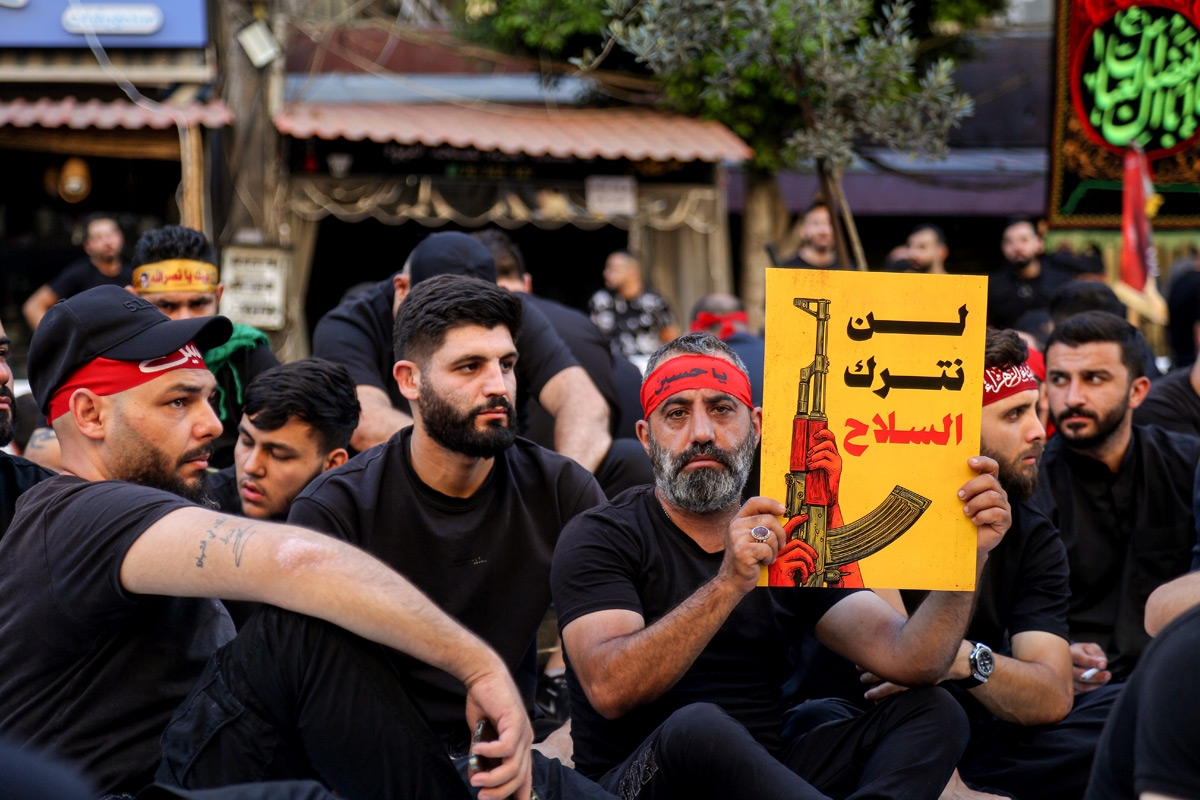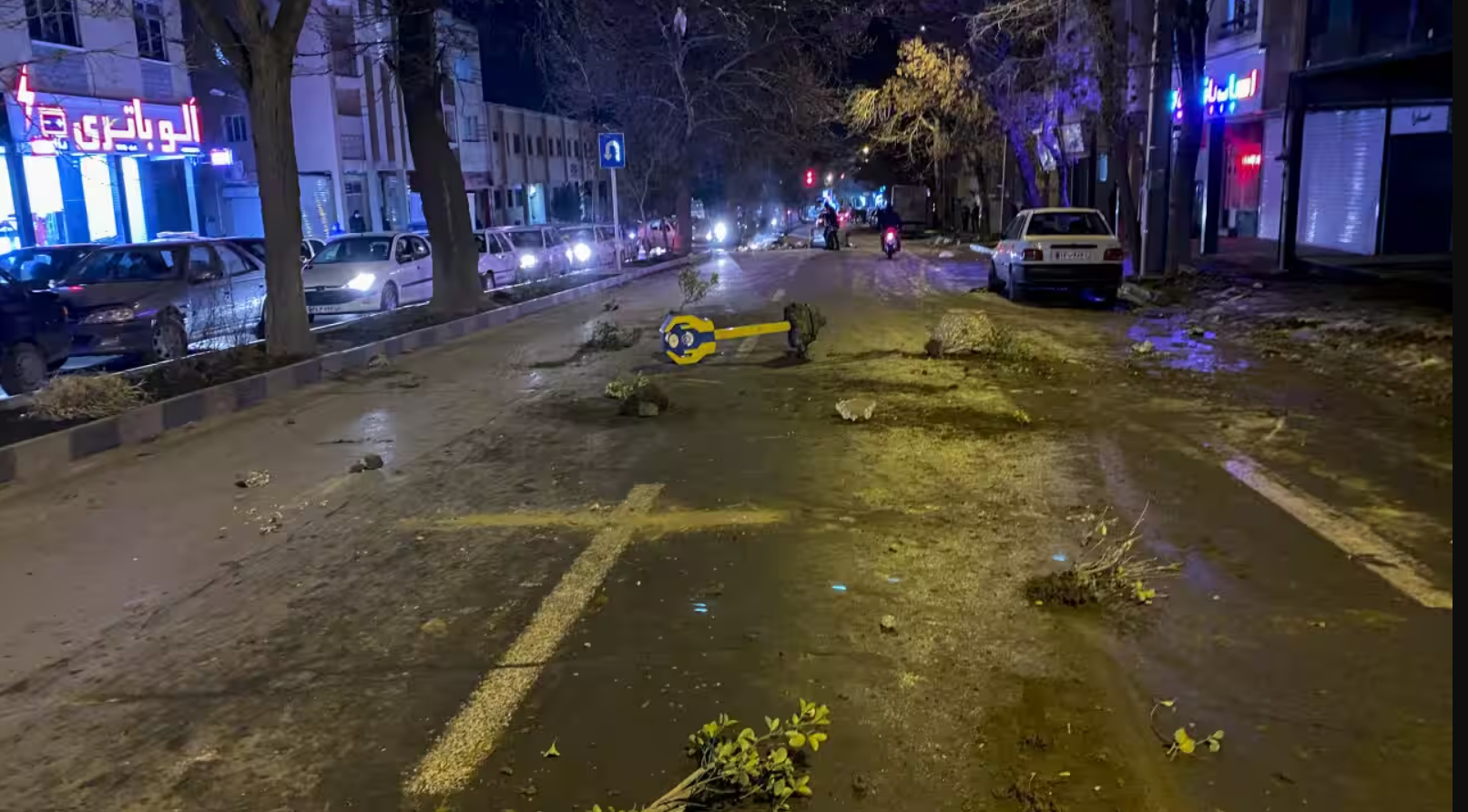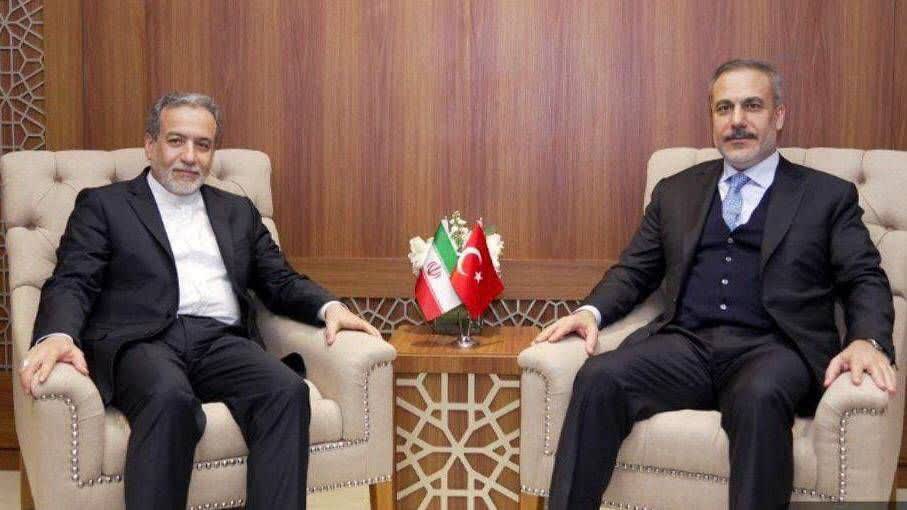The United States and its allies, by pressuring for the disarmament of Hezbollah, have launched a perilous project against Lebanon—one that not only targets national deterrence but also sows the seeds of civil conflict and renewed Israeli penetration. This article unveils the hidden dimensions of this threatening scenario.
Tehran – IranView24
One of the most strategic and deliberate distortions in contemporary narrative-making about resistance groups is the portrayal of these movements—particularly Hezbollah in Lebanon—as mere proxies of the Islamic Republic of Iran. This narrative, widely promoted in Western and Zionist media and political circles, is designed to delegitimize and diminish the indigenous nature and function of resistance in regional countries.
A deeper analysis of this conceptual framework clearly reveals that its core aim is to securitize the regional atmosphere in West Asia, undermine the national identity of resistance forces, and strip their defensive role against external threats of legitimacy.
In truth, regional resistance groups are not foreign imports nor mere extensions of an external power, but rather they have emerged from the genuine security needs of the countries in which they were born. Groups such as Iraq’s Hashd al-Shaabi and Hezbollah in both Iraq and Lebanon are prime examples of this reality.
Hezbollah in Lebanon was born out of the country’s internal transformations and in response to the ongoing aggressions of the Zionist regime. Over time, it has played a role surpassing even the official Lebanese Armed Forces in safeguarding Lebanon’s national security and territorial integrity.
Despite such a defensive and nationally-rooted record, the United States and its regional allies have, in recent years, imposed direct political, economic, and security pressure on the Lebanese government and military, attempting to force the disarmament of Hezbollah under the guise of so-called structural reforms. These measures are not solely intended to curb Hezbollah’s defensive capabilities, but are rather crafted to engineer scenarios that could expose Lebanon to multifaceted security threats.
In this context, two critical and dangerous paths lie ahead for Lebanon: First, the disarmament of the resistance under foreign pressure could spark sectarian rifts, political polarization, and ultimately lay the groundwork for internal conflict. Second, should Hezbollah acquiesce to these demands, Lebanon would be left strategically weakened, paving the way for renewed Israeli aggression. Both outcomes serve a broader strategic agenda pursued by Tel Aviv and Washington to contain the Axis of Resistance and reimpose a Western-centric security order in the region.
The historical record of Israeli threats makes it abundantly clear that Lebanon has faced aggression even in the absence of Hezbollah. Since the 1970s, the Israeli regime has repeatedly violated Lebanon’s sovereignty, occupying Lebanese territory with the intention of permanent annexation. The most salient example was the occupation of southern Lebanon in 1982, which lasted until 2000. The 33-day war in 2006, marked by widespread attacks on civilian infrastructure and populated areas, further illustrates this reality and resulted in a major humanitarian disaster. These events underscore that the Israeli threat to Lebanon is neither hypothetical nor conditional, but deep-rooted, structural, and ongoing.
In response to this persistent threat, Hezbollah has—since the 1980s—acted as a national resistance force, playing a decisive role in countering occupation and deterring further Israeli incursions. It was instrumental in expelling Israeli forces from southern Lebanon in 2000 and in halting their advance during the 2006 war, thereby solidifying a credible deterrent posture and preventing further incursions.
More importantly, Israel’s expansionist policies have long predated the rise of Hezbollah and continue independently of the resistance’s presence. In other words, Hezbollah is a response to an existing and continuous threat, not its origin. Weakening or removing this deterrent force will not reduce the threat; rather, it will significantly increase Lebanon’s national vulnerability.
Structurally, the balance of power between Lebanon and Israel heavily favors the latter. However, Hezbollah—through its asymmetric military capabilities—has forged a deterrent balance. This deterrence, particularly after the 2006 war, has effectively dissuaded the Zionist regime from launching a large-scale military operation against Lebanon, knowing full well the heavy costs such aggression would entail.
Meanwhile, U.S. pressure on the Lebanese government and army to disarm Hezbollah reflects a dual strategy: on one hand, it aims to disrupt this deterrent balance; on the other, it seeks to weaken Lebanon’s internal unity and, by extension, the regional resistance front.
By transforming the issue of resistance into a domestic political dispute, the United States aims to pit the Lebanese Armed Forces against Hezbollah, thereby igniting sectarian and communal tensions. This engineered sedition could ultimately spiral into a renewed civil war.
On a regional level, Hezbollah’s involvement in the Syrian crisis is also notable. The group played a critical role in countering both Israeli aggression and extremist Takfiri groups. The weakening of this resistance axis has been accompanied by a noticeable increase in Israeli strikes on Syrian territory and a de facto Israeli occupation of parts of Syria. The current trajectory of Syria offers a grim preview of what Lebanon could face in a post-Hezbollah scenario.
Indeed, the Israeli threat to Lebanon is structural and transcends internal Lebanese dynamics. The presence of the resistance—especially Hezbollah—is not just a defensive response to this threat, but a vital guarantee of Lebanon’s national security and internal cohesion. Any effort to weaken or eliminate this strategic pillar serves only the interests of Israel and Washington’s destabilizing projects in the region—not the people of Lebanon.






